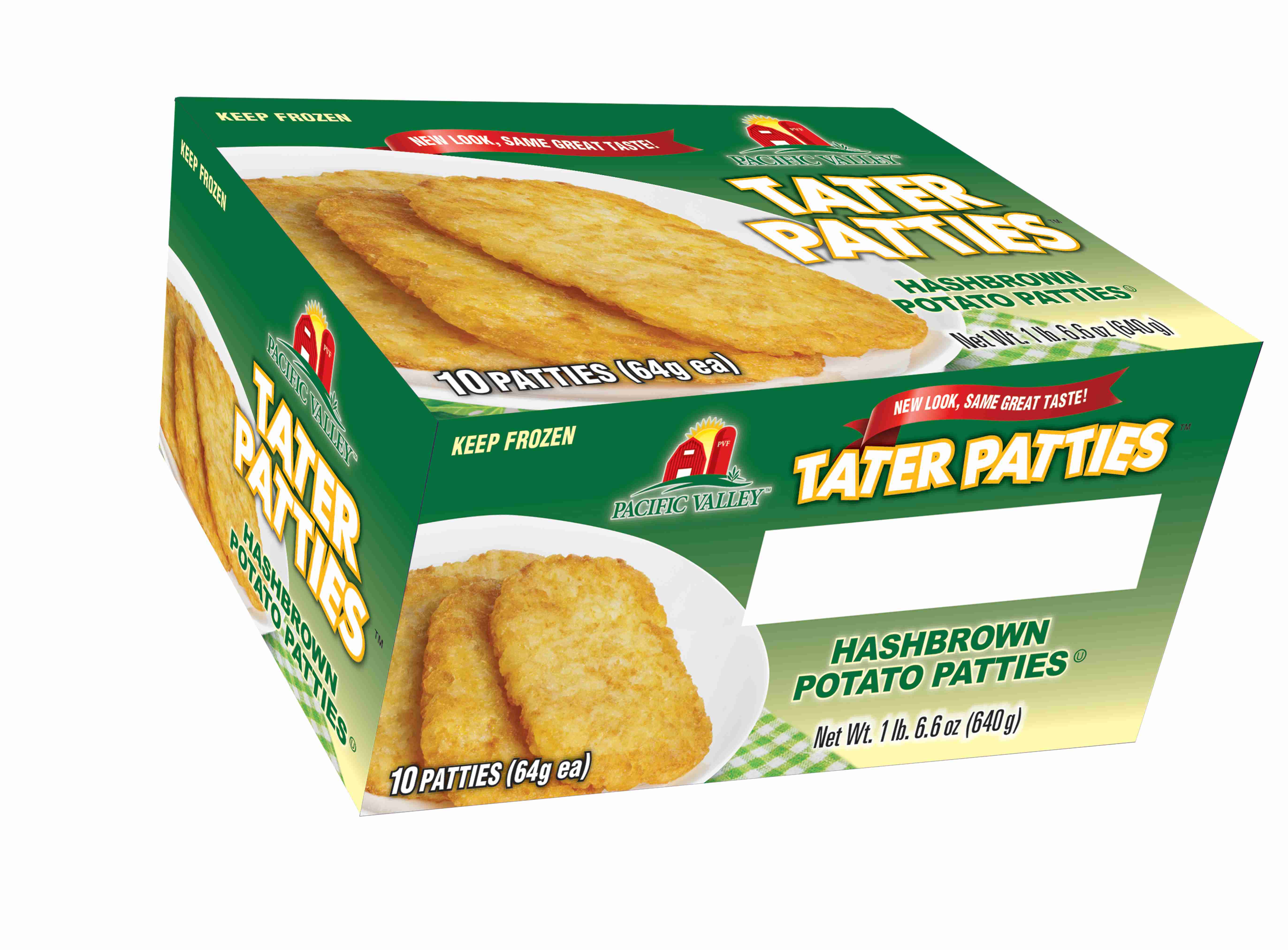 R Beladi editor International Supermarket News: interview with Susan Hannah, Sr. Vice President at Pacific Valley Foods, a family owned company that takes pride in supplying high value food products with an emphasis on frozen foods, to customers around the world.
R Beladi editor International Supermarket News: interview with Susan Hannah, Sr. Vice President at Pacific Valley Foods, a family owned company that takes pride in supplying high value food products with an emphasis on frozen foods, to customers around the world.

The Inspiring Story of a Family Foods Business
Question 1) I was delighted to go through your website and read about your family business, for our readers would you talk to us about the history of Pacific Valley Foods and how did it start?
Our company was founded by our parents, Scott and Lynn Hannah in 1975. Dad had been involved in food manufacturing as well as marketing food products for close to 20 years when he decided to strike out on his own. Soon, Pacific Valley Foods had developed a branded frozen vegetable and French fry line, distributing to supermarkets across the U.S. Shortly thereafter, a lead came in from Asia for frozen vegetables . With persistence and not much knowledge of export, Lynn’s stubbornness paid off and our first sale to Japan launched Pacific Valley Foods into the complicated, yet exciting world of exporting food products from the U.S. We were one of the pioneering U.S. food companies to begin exporting frozen products to Asia. What started out as predominantly a company distributing in the U.S., slowly over the years transitioned to a company whose sales have become 95% export.
Question 2) What was the primary characteristic of Pacific Valley Foods culture that has made the company so successful?
We never have believed in the “one size fits all” model of business, and that has continued today. We never try to align ourselves with the huge food conglomerates who strictly adhere to their standard line of products and services. We understand that markets overseas have different requirements and preferences, so in order to be successful internationally we knew we had to be extremely flexible, creative, and innovative, something not all companies have the capability of doing. In addition, as a family business we believe our company values reflect the essence of what family is all about; working as a team, making personal relationships with our customers as well as vendors a priority.
Question 4) How many products did the company start with, and would you tell us about the products you have now?
Our company was built on distributing frozen French fries, vegetables and fruits, which has always been the backbone of our business and remains so to this day. However we have expanded our frozen products to include frozen juice concentrates, appetizers, waffles, entrees (like Macaroni n Cheese), specialty potato items, whole baked potatoes, cheesecake, seafood. Our dry/shelf stable products are dehydrated potatoes, canned corn, dried fruits, dried peas/beans, popcorn, gluten free cookies, Keto bread, condiments/sauces. We also have a craft hard (spiked) seltzer.
Question 5) We have seen you have offices in many countries, would you tell us about the exports, what countries you export to and what products?
We export to approximately 25 different countries, with an emphasis on Asia. We are exporting the above mentioned items. We have an office in Australia, New Zealand, Shanghai, Tokyo and a sourcing office in Europe as we also import from Europe to the U.S.
Question 6) What challenges do you think you will face in the food industry?
The pandemic hit our company particularly hard since many of our exports are to foodservice customers. While most of the foodservice outlets have opened back up, some of our large markets (such as China) remain affected by the pandemic. We continue to work on expanding our retail items as retail has continued to be high in demand. Lack of availability of ocean containers and erratic vessel sailings the past 2 years has made it very difficult to get our shipments out on time, and we are not alone. Fortunately we work with a great network of freight forwarders and truckers to try to minimize disruptions to our customers. Supply chain issues this past year has made it very difficult to maintain a consistent supply of some of our products so we are trying to focus on products less affected. We are looking ahead to 2023 and beyond to make sure our company is prepared when the supply chain returns to some sense of normalcy. Also, increased costs on a variety of things from energy to labor to packaging has necessitated pricing increases on almost all of our products. We continue to search for areas we can cut costs or at least keep the price increases minimal to our customers. As the food industry is always cyclical, we know it will just be a matter of time before these issues correct themselves. And the good news is, people always need food!



